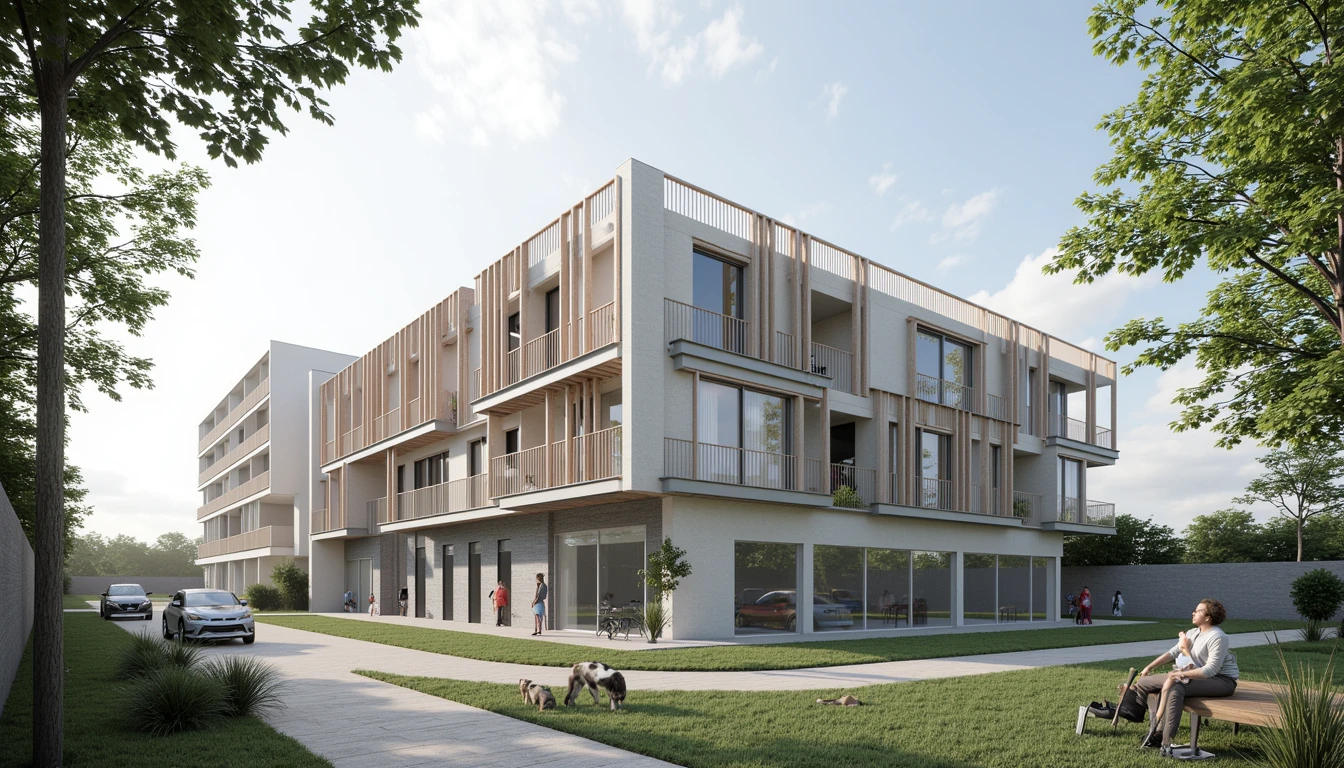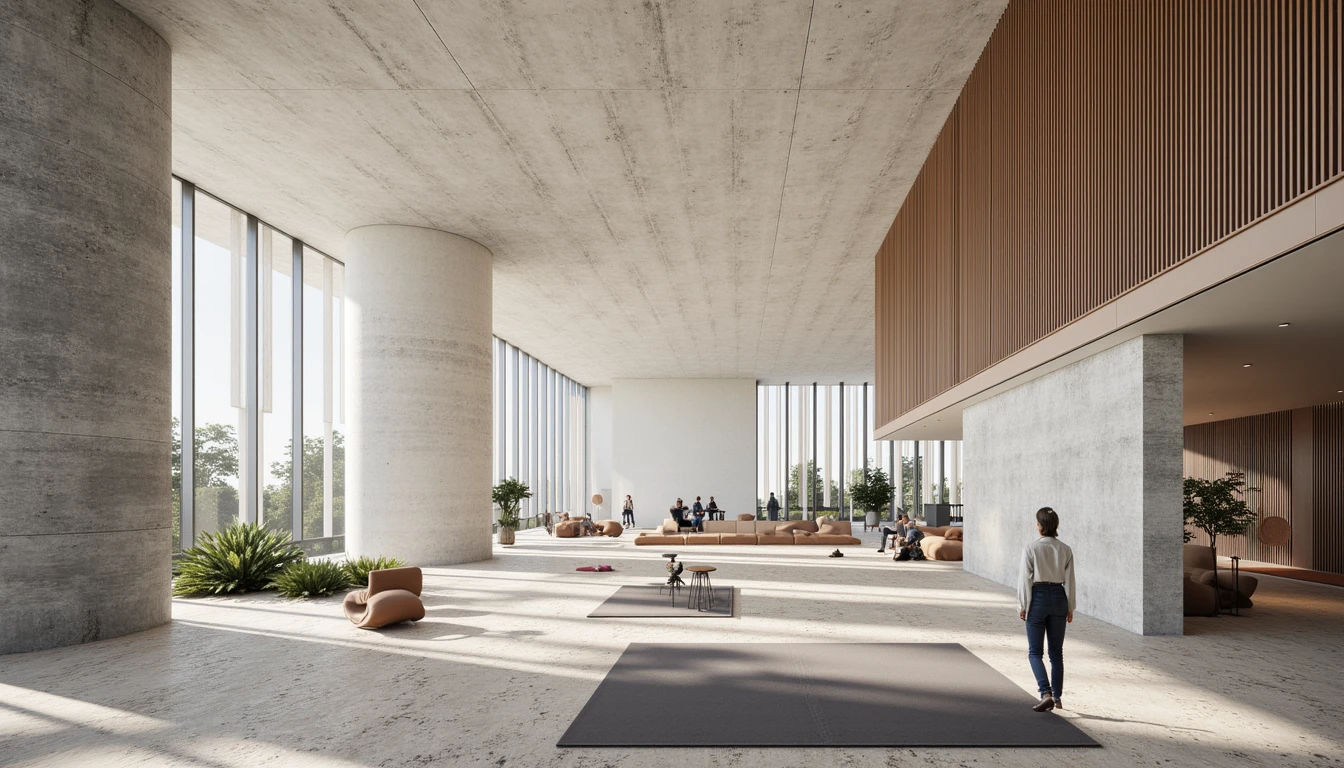Introduction

The real estate industry is undergoing a dramatic transformation fueled by technological advancements. PropTech, short for Property Technology, encompasses a wide range of digital tools and platforms that are reshaping how we design, build, manage, and interact with the built environment. From virtual reality tours to AI-powered property valuations, PropTech is revolutionizing every facet of the real estate lifecycle, creating new opportunities and efficiencies.
Architectural Visualization: Redefining Design & Presentation
Architectural visualization is at the forefront of this PropTech revolution. It empowers architects and developers to create immersive and interactive experiences, enabling clients to visualize their future spaces with unprecedented clarity.
3D Modeling & BIM
Building Information Modeling (BIM) and 3D modeling are transforming the design process. These technologies allow architects to create detailed digital representations of buildings, facilitating collaboration and reducing errors. BIM enables stakeholders to access and manipulate building data, streamlining construction and enhancing project management.
Virtual & Augmented Reality
Virtual Reality (VR) and Augmented Reality (AR) are revolutionizing how properties are showcased and experienced. VR allows potential buyers to take immersive virtual tours of unbuilt properties, while AR overlays digital information onto the real world, allowing clients to visualize furniture placement and interior design options within existing spaces.
Digital Twins
Digital twins are virtual replicas of physical buildings, enabling real-time monitoring and analysis of building performance. This technology optimizes building operations, predicts maintenance needs, and enhances sustainability efforts.
PropTech Solutions for Enhanced Property Management

PropTech is streamlining property management, offering innovative solutions for landlords, property managers, and tenants.
Smart Building Technology
Smart building technology integrates various systems, such as lighting, HVAC, and security, into a centralized platform. This enhances energy efficiency, improves tenant comfort, and reduces operational costs.
IoT-Enabled Devices
Internet of Things (IoT) devices, such as smart thermostats and sensors, provide real-time data on building performance, enabling proactive maintenance and optimized resource utilization.
Tenant Management Platforms
Tenant management platforms automate various tasks, such as rent collection, lease management, and maintenance requests, streamlining communication and improving tenant satisfaction.
The Impact of Big Data & Analytics
Big data and analytics are playing an increasingly important role in real estate decision-making.
Predictive Analytics
Predictive analytics leverages historical data to forecast market trends, property valuations, and investment opportunities. This empowers investors and developers to make informed decisions and mitigate risks.
Market Research & Analysis
Data-driven market research provides valuable insights into consumer preferences, demographics, and market dynamics, enabling developers to tailor their projects to meet specific demands.
Blockchain Technology in Real Estate

Blockchain technology is poised to disrupt traditional real estate transactions.
Tokenization of Real Estate Assets
Tokenization allows fractional ownership of real estate assets, making investments more accessible and liquid.
Smart Contracts
Smart contracts automate and secure real estate transactions, reducing paperwork and increasing transparency.
The Rise of PropTech Marketplaces
Online marketplaces are connecting buyers, sellers, and renters in new and innovative ways.
Property Listing Platforms
Online listing platforms provide a centralized hub for property searches, offering detailed information and virtual tours.
Investment Platforms
Crowdfunding and other investment platforms are democratizing access to real estate investment opportunities.
The Future of Real Estate Transactions
PropTech is streamlining and simplifying real estate transactions.
Digital Closings
Digital closings eliminate the need for physical paperwork and streamline the closing process.
Automated Valuation Models
Automated valuation models (AVMs) leverage data and algorithms to provide instant property valuations, accelerating the appraisal process.
Sustainability and PropTech
PropTech is driving sustainability initiatives in the real estate sector.
Green Building Technologies
Green building technologies, such as energy-efficient HVAC systems and smart lighting, reduce environmental impact and lower operating costs.
Sustainable Building Materials
PropTech is facilitating the adoption of sustainable building materials, promoting environmentally responsible construction practices.
The Role of AI in PropTech
Artificial intelligence is transforming various aspects of real estate.
Chatbots & Virtual Assistants
AI-powered chatbots and virtual assistants provide instant customer support and enhance communication between stakeholders.
Personalized Property Recommendations
AI algorithms analyze user preferences and provide personalized property recommendations, enhancing the search experience.
Challenges and Opportunities in PropTech

While PropTech offers immense potential, the industry also faces certain challenges.
Data Security & Privacy
Protecting sensitive data is crucial in the digital age. Robust security measures are essential to maintain trust and prevent data breaches.
Regulation and Adoption
Navigating regulatory landscapes and fostering industry-wide adoption of new technologies remain key challenges.
Conclusion
The future of real estate is inextricably linked to PropTech. These technological advancements are reshaping the industry, creating new opportunities for investors, developers, and end-users. As PropTech continues to evolve, it will further transform the built environment, driving efficiency, sustainability, and innovation.